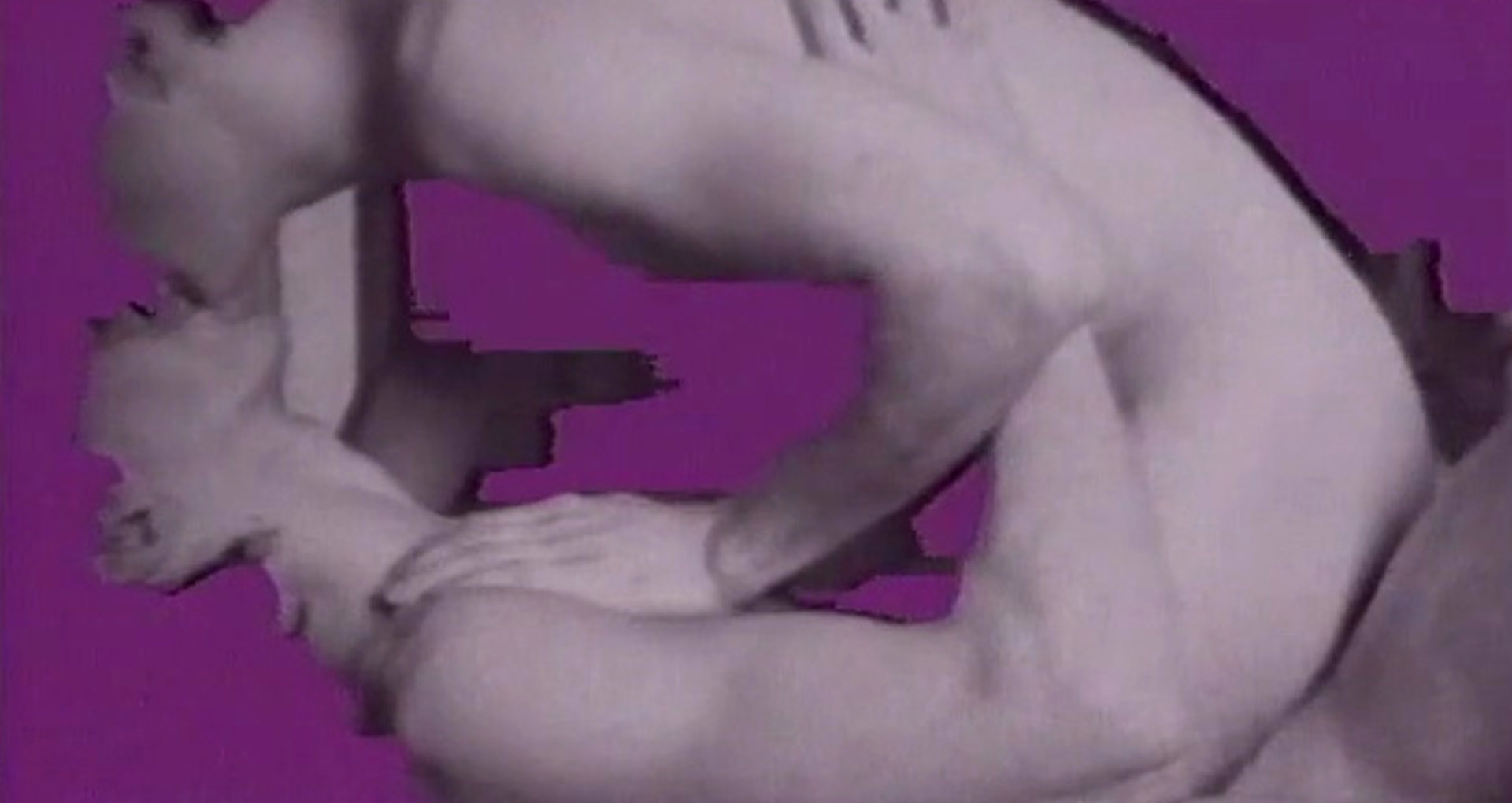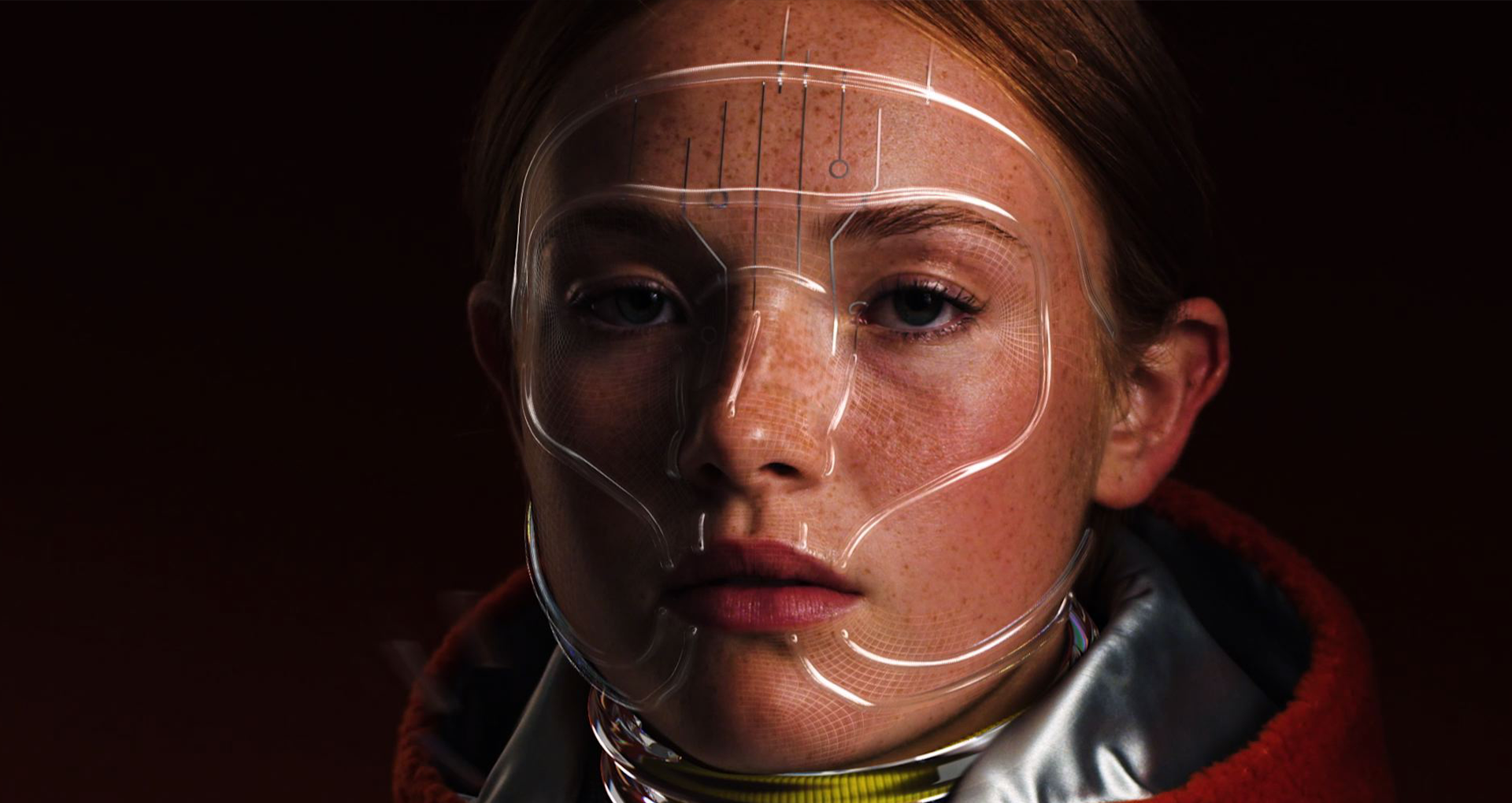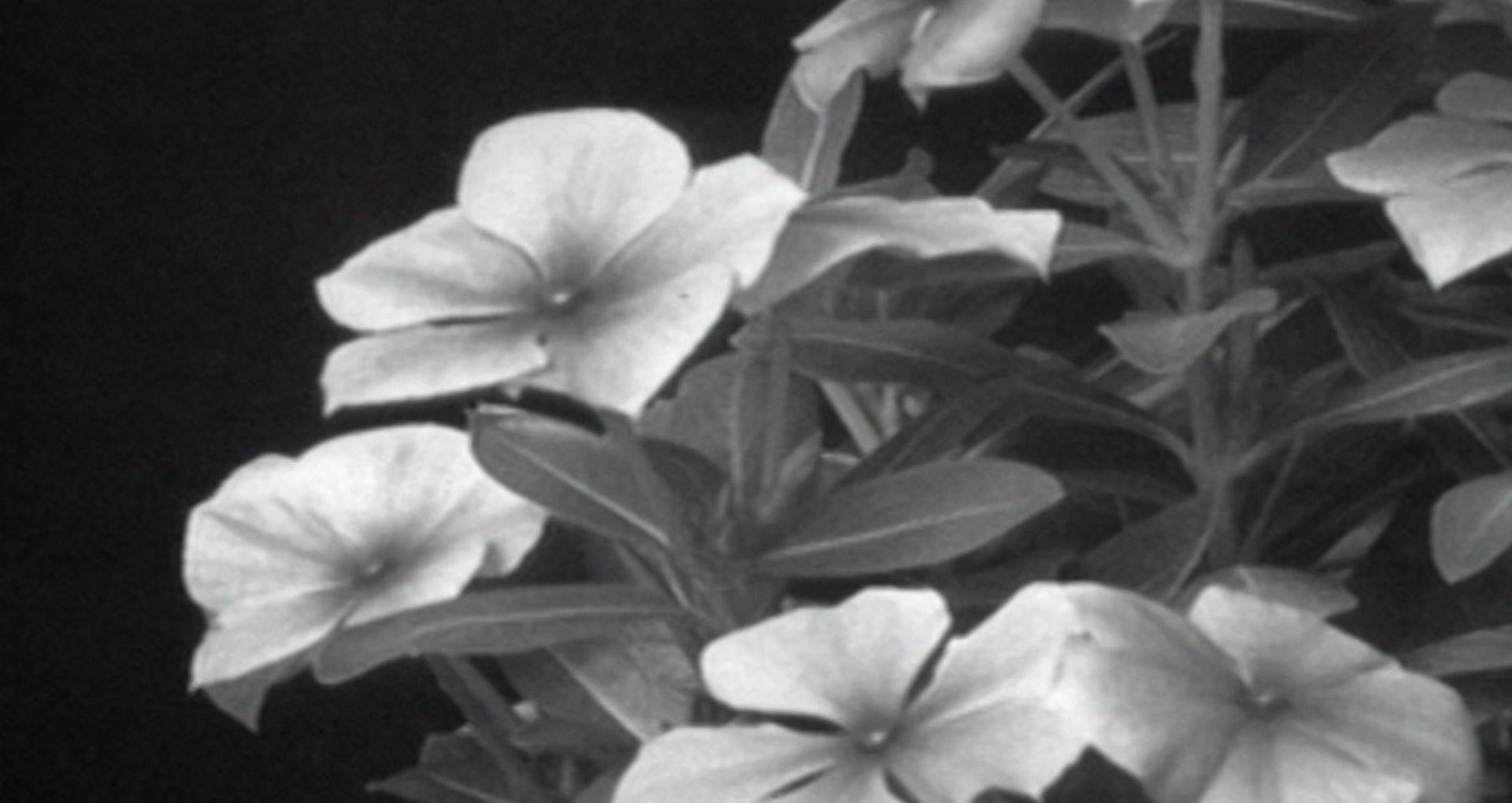
© Marc Paradis, The Cage, 1984
Marc Paradis, an Ogre’s Desire
Launch of the digital boxset
Vidéographe is pleased to announce the launch of Marc Paradis, an Ogre’s Desire, a digital publication dedicated to the obsessive and transgressive work of a pioneer of queer video art in Quebec and Canada.
Since his debut, Le voyage de l’ogre (1981), Marc Paradis (1955-2019) has interrogated notions of sexuality, the body and homosexual identity. His aesthetic oscillates between raw and explicit realism and a certain classicism, particularly in his representations of the body and in his pictural references. The texts, their literary quality and their declamation play a central role and lend a tragic resonance to these stories of love, sex, rupture and death.
This bilingual publication includes three new essays by Luc Bourdon, Alexis Lemieux and Denis Vaillancourt. It also comprises the 17 videos Paradis made, including two previously unseen works, Ecce Omo and Marrakech. Six of the videos have been newly digitized from master tapes found in Paradis’ home and three have been subtitled in English. A rich selection of previously unseen personal documents is also presented, including notebooks, scripts, cuttings, casting photos and research files.
An online program will also be available to view for free on Vithèque from December 3, 2020 to March 8, 2021.
► Access to the program on Vithèque [+]
Biography
Born in Montréal in 1955, Marc Paradis studied drama and visual arts. Between 1978 and 1990, he also trained with the likes of Józef Robakowski, Bruno Bigoni, Jerzy Grotowski and Michael Kriegman. Paradis became interested in video in 1981, when he did a screen test for French filmmaker Jean-François Garsi, for whom he worked as an assistant. He went on to make Le voyage de l’ogre, the first of his 17 productions. His works question and consider romantic relationships between men, desire, fantasy, and the representation of sexuality, at times playing with the borders of pornography. In 1984, he made Schème video [Video Scheme] with Luc Bourdon, followed by Say Cheese for a Trans-Canadian Look the following year, two works that look at video art in Canada. He also made portraits and video recordings of artists such as Denis Lessard, John Mingolla and Yves Lalonde. His work has received national and international recognition. Marc Paradis died in Montréal in the summer of 2019.
The production of this publication was made possible thanks to the support of the Canada Council for the Arts.






